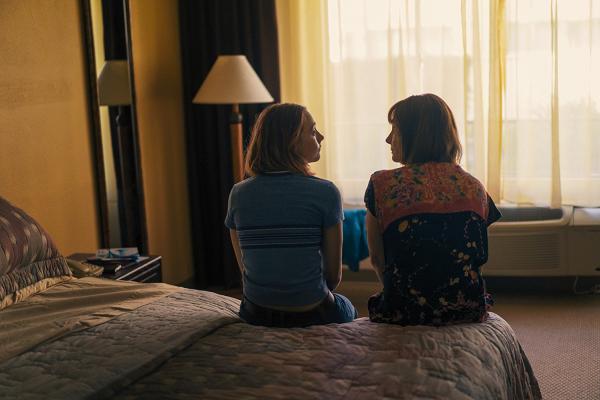Dec 5, 2017
As a woman who attended Catholic school for 16 years of her life, Lady Bird is possibly the most relatable movie of the year. Lady Bird could have added the subtitle “inspired by true events” and I would have asked myself which person from my hometown sold the rights to their life story to Greta Gerwig.
Read the Full Article

Already a subscriber? Login
